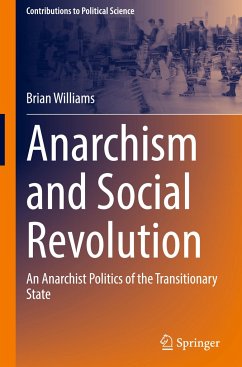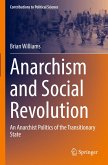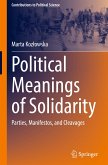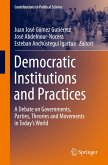This monograph provides an update to anarchist philosophy, advocating for a paradigm shift beyond neoliberalism and liberal democracy. The book's central thesis has two components. First, it is argued that the maximization of equal liberty requires historical progress beyond the sovereign state system. In contrast to Fukuyama's (1992) argument that liberal democracy is the end of history, it is argued that liberalism contains two contradictions (socioeconomic inequality and the shortcoming in equal liberty inherent to state power) with the potential to propel history further. This book's argument - libertarian social democracy - provides a framework to guide that final stage of history.
Second, while anarchist philosophy offers a vision beyond the sovereign state, it can be rendered more suitable as an alternative paradigm. Specifically, it is argued that anarchism is hampered by its traditional adherence to prefigurative strategy, according towhich the state cannot be used as a means to achieve a free and equal society. By contrast, libertarian social democracy incorporates a role for a democratic transitionary state (described here as gradualist anarchism) thus addressing mainstream "Hobbesian" concerns about bad anarchy (where decentralization yields a net loss in equal liberty). In so doing, the book reveals the full spectrum of anarchist strategy from prefigurative to gradualist.
Second, while anarchist philosophy offers a vision beyond the sovereign state, it can be rendered more suitable as an alternative paradigm. Specifically, it is argued that anarchism is hampered by its traditional adherence to prefigurative strategy, according towhich the state cannot be used as a means to achieve a free and equal society. By contrast, libertarian social democracy incorporates a role for a democratic transitionary state (described here as gradualist anarchism) thus addressing mainstream "Hobbesian" concerns about bad anarchy (where decentralization yields a net loss in equal liberty). In so doing, the book reveals the full spectrum of anarchist strategy from prefigurative to gradualist.








